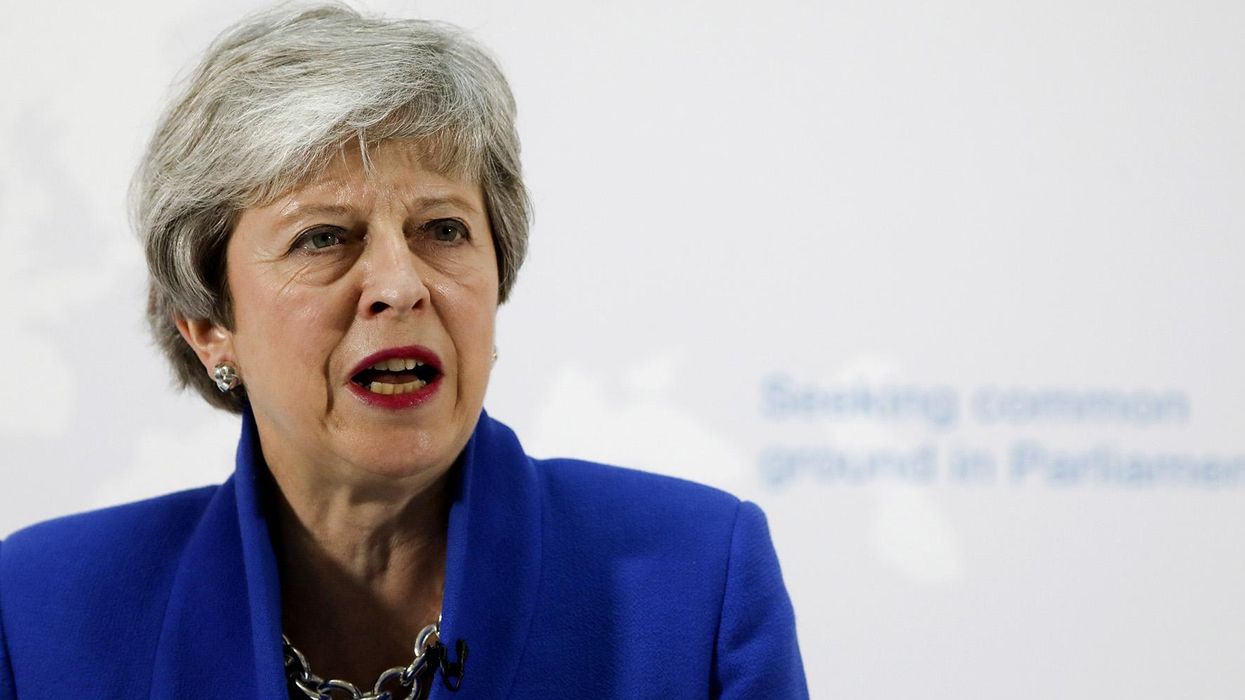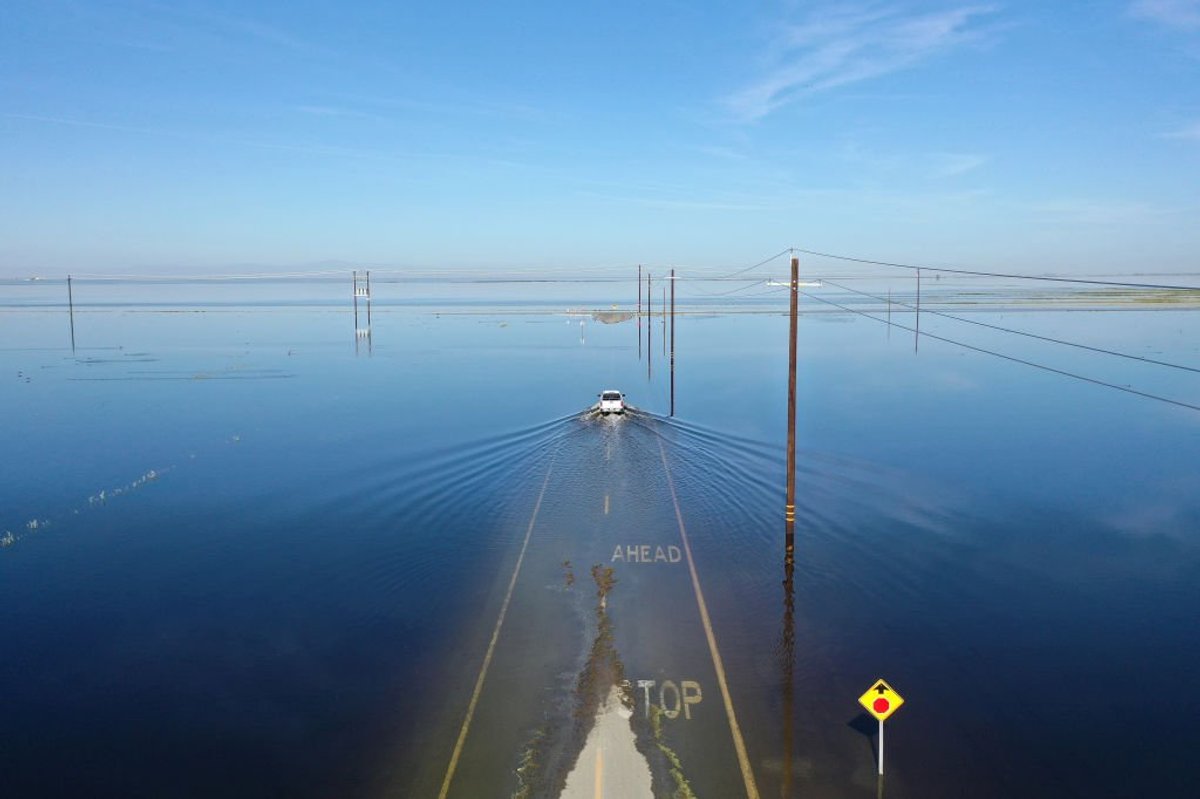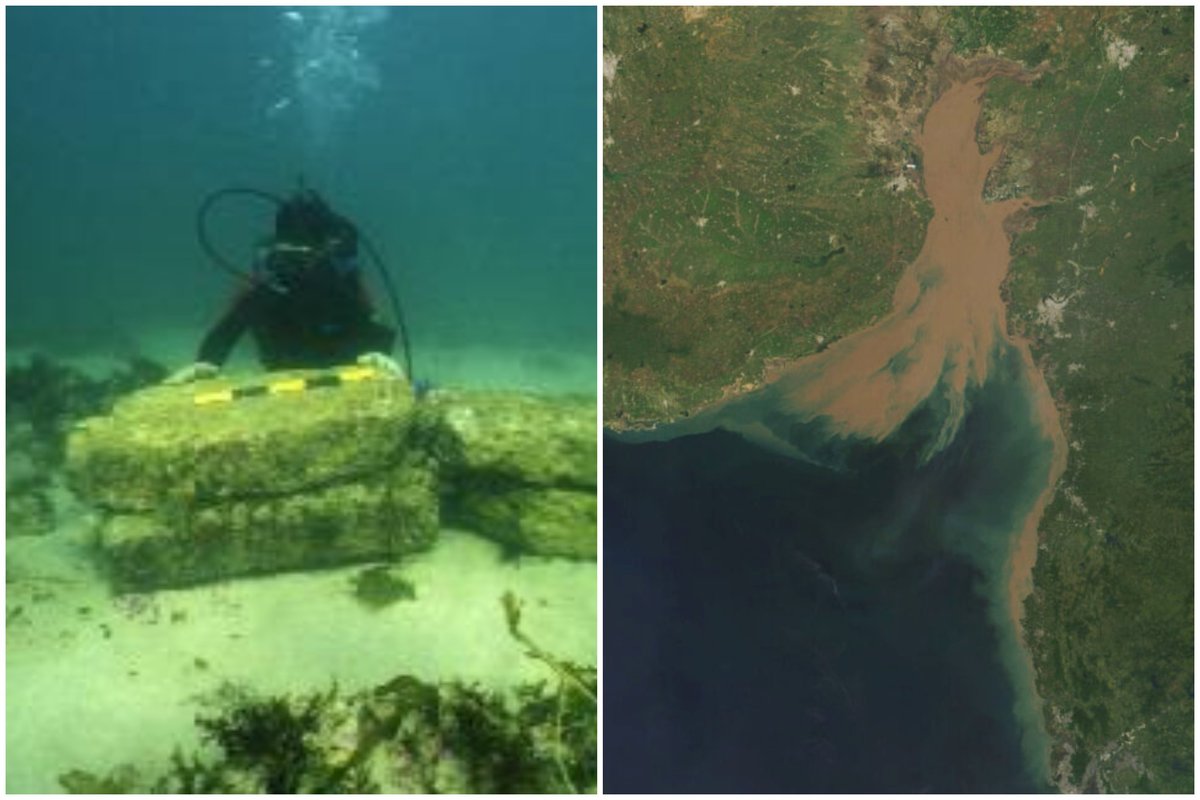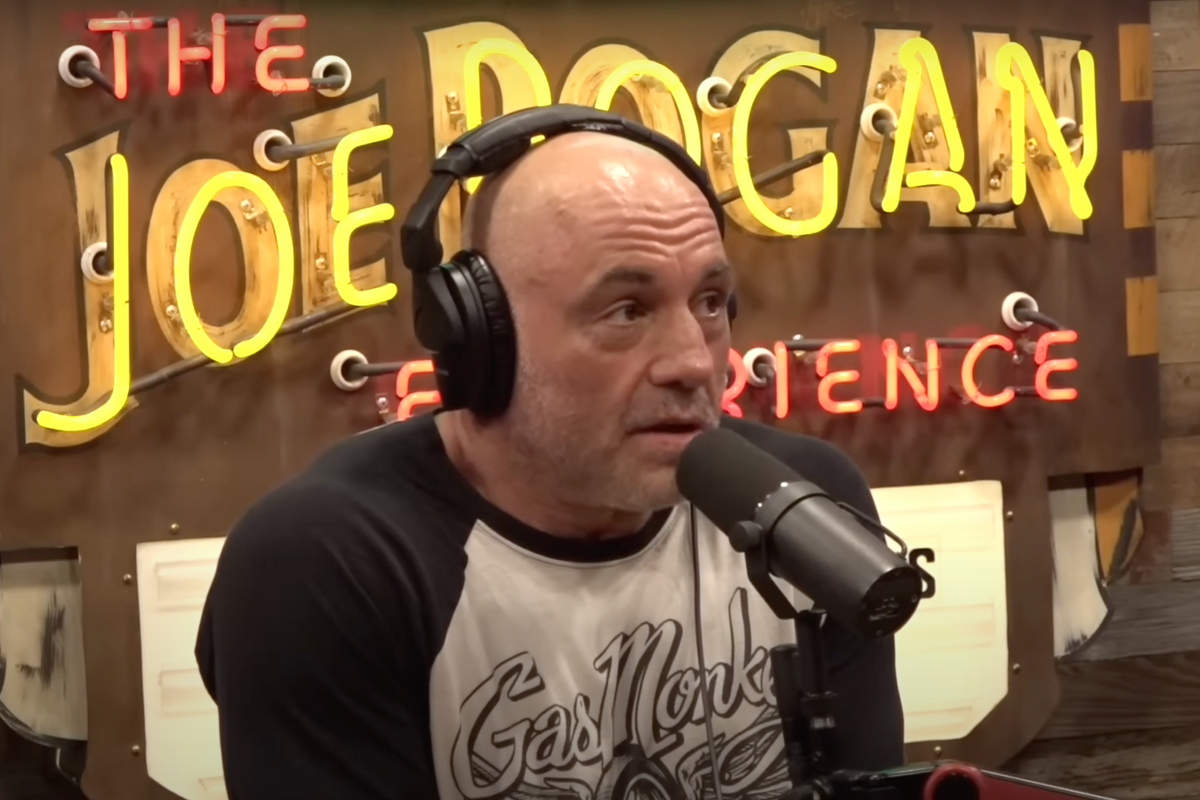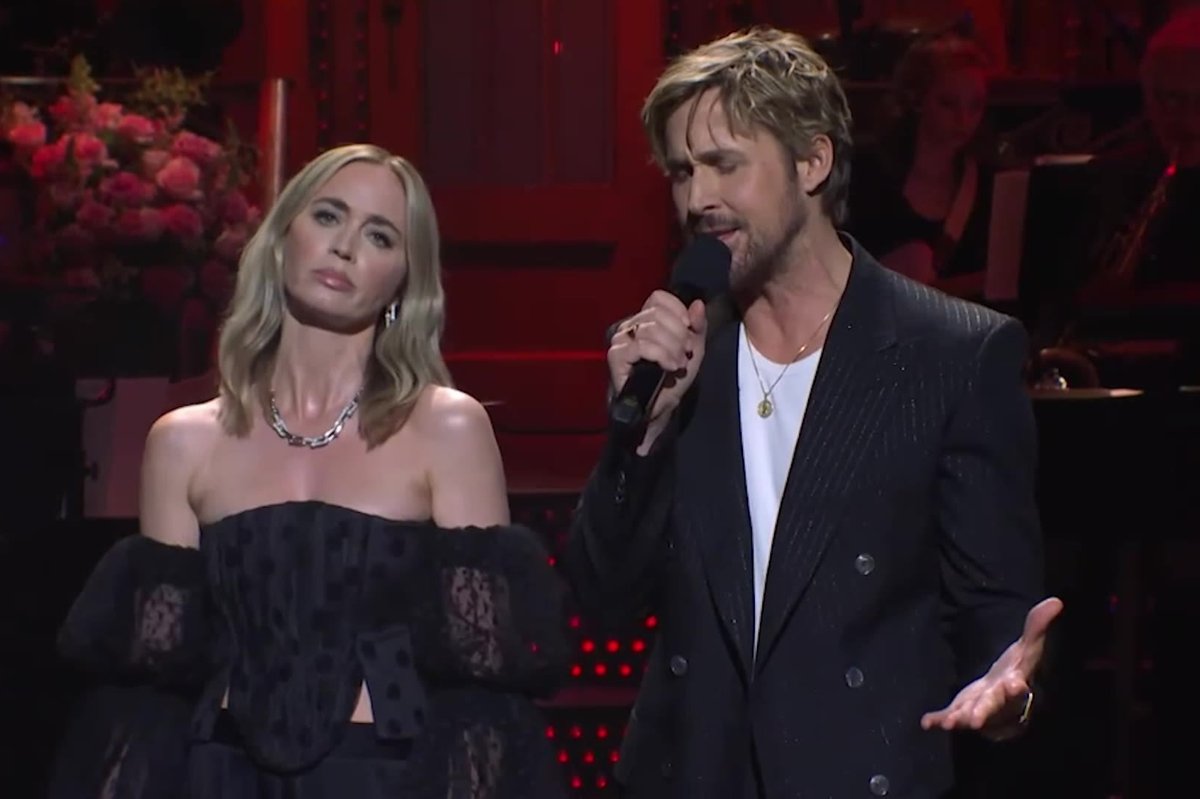Prime minister Theresa May just delivered another Brexit speech. Yes, you read that correctly. Another one. Oh, fatigue.
Speaking on Tuesday afternoon from the PWC in London, the prime minister summed up her 'New Brexit Deal' in ten succinct points, as she prepares a fourth attempt at winning approval for her EU withdrawal agreement.
Under pressure to make progress ahead of Thursday's European Elections, the prime minister also announced that her Withdrawal Agreement Bill would include a vote on whether to hold a second referendum, which may well be music to some Remainers' ears.
So, what exactly was she on about? Here are her main points, boiled down into easily digestible chunks.
You know, like when you were revising for your GCSEs and used BBC Bitesize. That old chestnut.
1. Legal obligation on government to seek alternative arrangements to backstop
The backstop has been one of the most divisive aspects of getting the Brexit deal through with the European Union, so in her speech, May addressed her plans for how she'll deal with it in the new deal.
Speaking to reporters, she said she's attempted to reach a deal with Labour over this, but despite not being successful, she won't give up. She emphasised that she aims to keep the Conservative party united and that MPs have backed the Brady amendment.
Essentially, the Guardian reports that she will:
Put the government under legal obligation to seek alternative arrangements for the backstop by December 2020, and she will also legislate to stop a future government from splitting Northern Ireland from Britain in regulatory terms."
Any the wiser? No, us neither - but essentially, she's got plans moving forward to deal with backstop deadlock. Obviously, it's not still not that clear what those plans are.
2. Government will let parliament decide whether or not to stay in customs union
May also addressed the customs union, saying it's the most difficult area of the ongoing negotiations. But, if we're getting very simplistic about it, she basically said that because Labour and Conservatives can't come to an agreement on the issue, she'll leave it up to parliament to decide what to do about the customs union.
Essentially, she washed her hands of it.
3. MPs will be required to hold vote on whether or not to have a second referendum
This point is perhaps the most exciting for all the Remainers in the room because May said that it will be a requirement for MPs to vote on whether there is a People's Vote on Brexit. Yes, you read that correctly, there will be another vote on whether there should be another vote.
Ah, the joy.
4. 'New Brexit Deal' in ten points
Here is the section from May's speech in which she unveils her 10-point plan:
So our New Brexit Deal makes a ten-point offer to everyone in Parliament who wants to deliver the result of the referendum.
One - the government will seek to conclude alternative arrangements to replace the backstop by December 2020, so that it never needs to be used.
Two - a commitment that, should the backstop come into force, the government will ensure that Great Britain will stay aligned with Northern Ireland.
Three - the negotiating objectives and final treaties for our future relationship with the EU will have to be approved by MPs.
Four - a new workers’ rights bill that guarantees workers’ rights will be no less favourable than in the EU.
Five - there will be no change in the level of environmental protection when we leave the EU.
Six - the UK will seek as close to frictionless trade in goods with the EU as possible while outside the single market and ending free movement.
Seven - we will keep up to date with EU rules for goods and agri-food products that are relevant to checks at border protecting the thousands of jobs that depend on just-in-time supply chains.
Eight - the government will bring forward a customs compromise for MPs to decide on to break the deadlock.
Nine - there will be a vote for MPs on whether the deal should be subject to a referendum.
And ten – there will be a legal duty to secure changes to the political declaration to reflect this new deal.
All of these commitments will be guaranteed in law – so they will endure at least for this parliament.
There you go, clear as mud. Ready for your exam?
HT Guardian
More: Brexit Party’s Twitter followers raise questions for researchers
